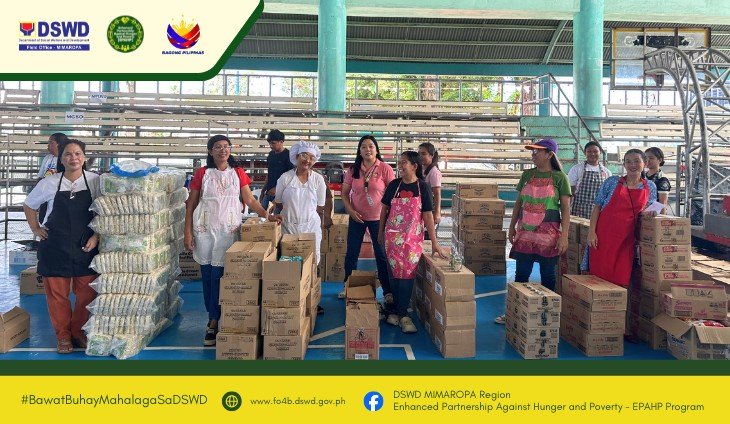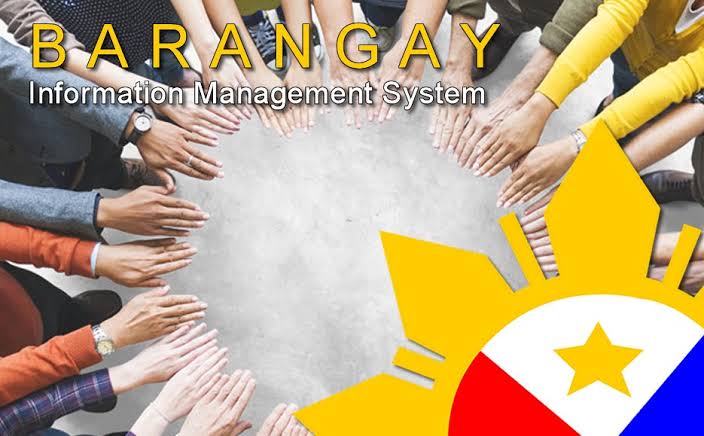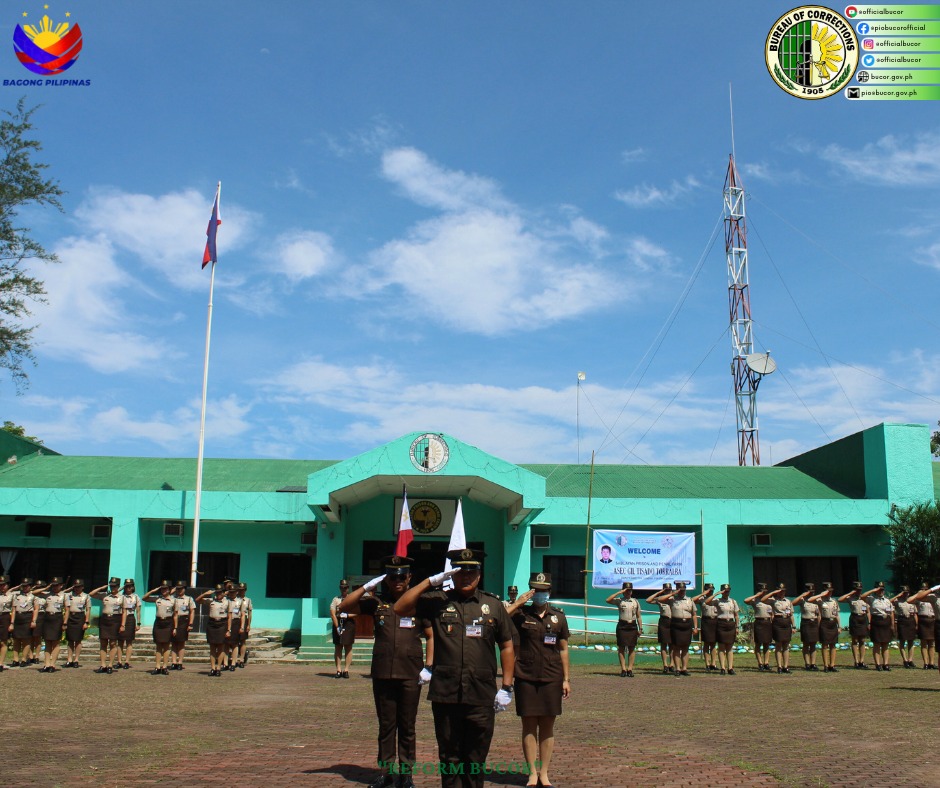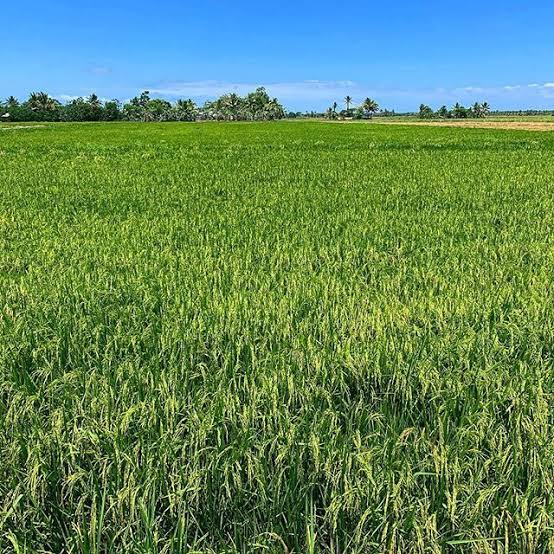More than 1,000 young children in Naujan, Oriental Mindoro have started receiving daily hot meals through a government feeding program that uniquely partners with a local cooperative, officials said, in a novel approach to tackling child malnutrition.
The Naujan Multi-Purpose Cooperative (NAMCO) began delivering food supplies this month under a P4.3-million-peso contract with the social welfare department to provide nutritious meals to children aged three to five in the municipality’s daycare centers.
The 120-day feeding cycle, which runs through January 2026, will provide one-third of children’s daily nutritional needs using locally sourced ingredients, a model that supporters say simultaneously addresses hunger while improving rural incomes.
MIMAROPA region has some of the Philippines’ highest malnutrition rates, with nearly 28 percent of preschool children underweight and nearly 10 percent suffering from severe wasting, according to government data.
Nationwide, more than one-quarter of Filipino children under five are stunted due to chronic malnutrition, with 95 children dying daily from nutrition-related causes, UNICEF figures show.
The economic toll is staggering: poor nutrition costs the Philippine economy an estimated P496 billion pesos annually through reduced productivity and increased healthcare expenses.
“This program is not just about feeding children, it’s about feeding hope,” said Leonardo Reynoso, regional director of the Department of Social Welfare and Development. “We are helping families secure both nourishment for their children and income from local production.”
The program falls under the Enhanced Partnership Against Hunger and Poverty (EPAHP), a government program launched in 2016 that links community-based organizations and cooperatives to institutional food procurement contracts.
Since 2022, the program has awarded over P81.5 million pesos in contracts to 37 small organizations in Central Visayas alone, officials said.
The approach is a shift from traditional government procurement, allowing small cooperatives and farmers’ associations to bypass competitive bidding through a negotiated procurement process designed to benefit marginalized communities.
“Through EPAHP, we are building a future where no child goes hungry and every community thrives,” Reynoso said.
The Philippines ranked 67th out of 127 countries in the 2024 Global Hunger Index with a “moderate” hunger level, though experts note the country’s stunting rate is double that of the average upper-middle-income nation despite years of economic growth.
Photos: courtesy of DSWD MIMAROPA









Write Your Comment